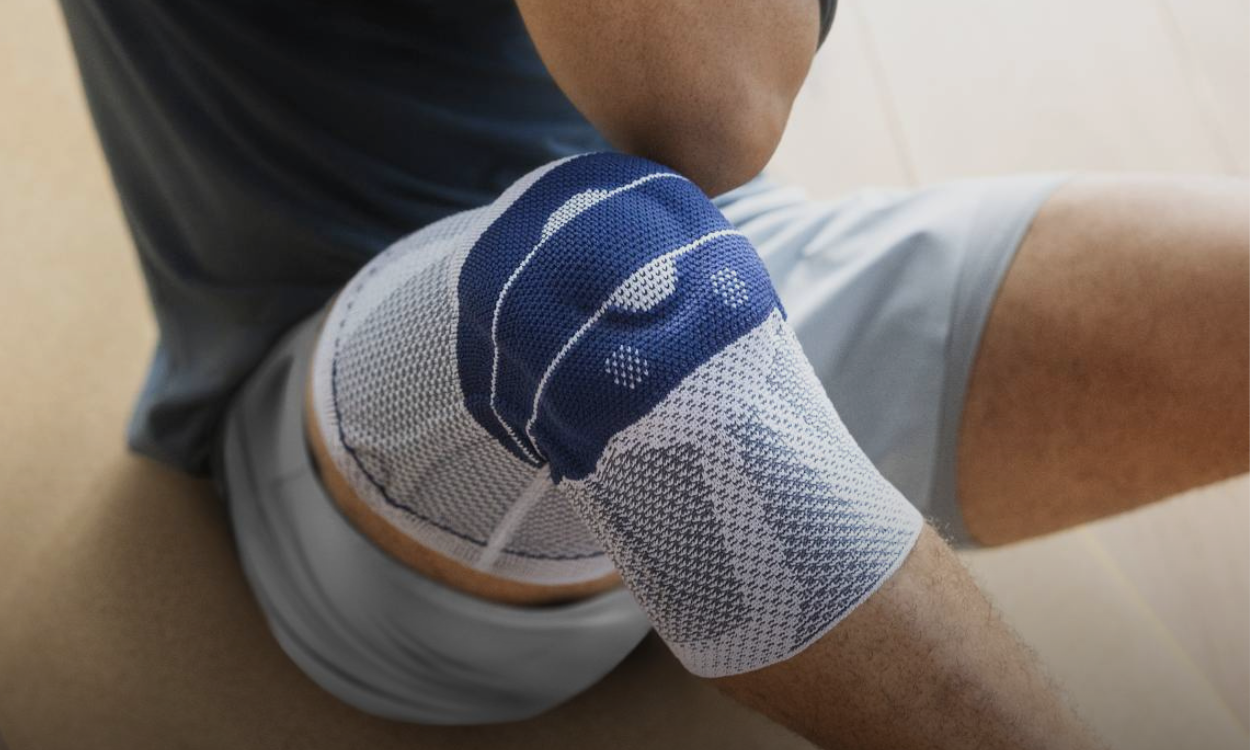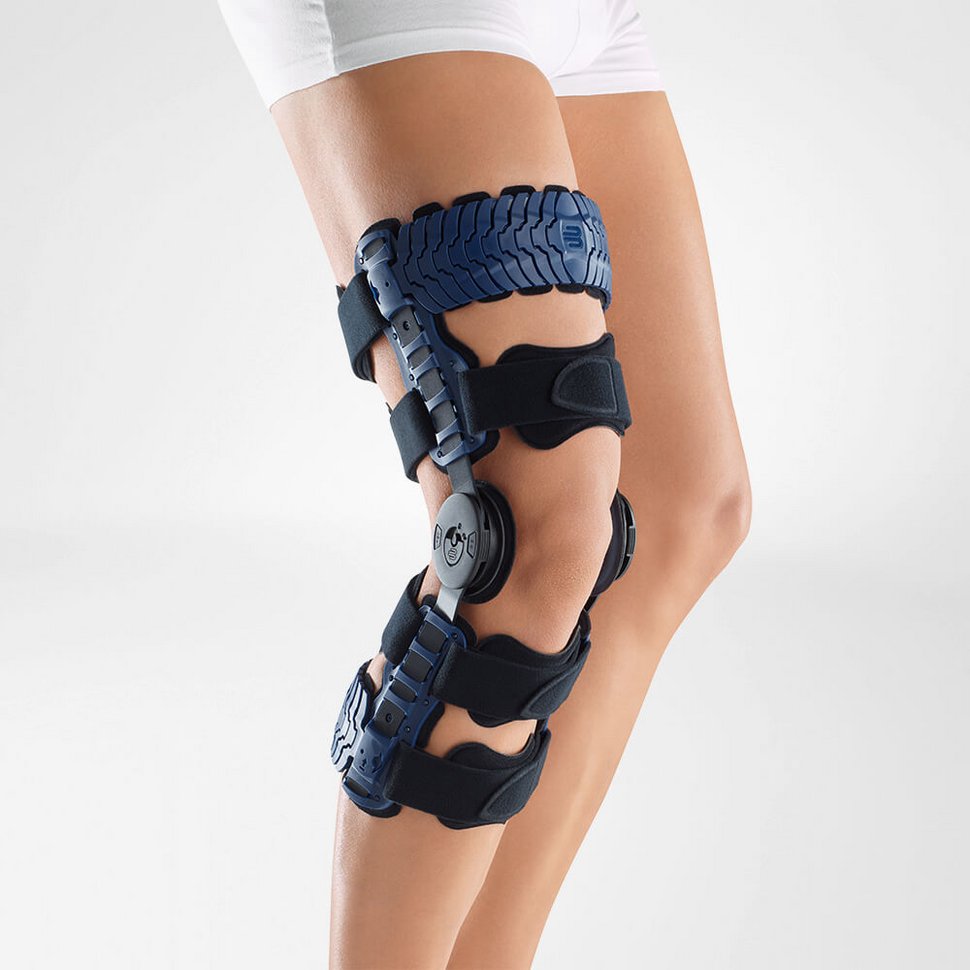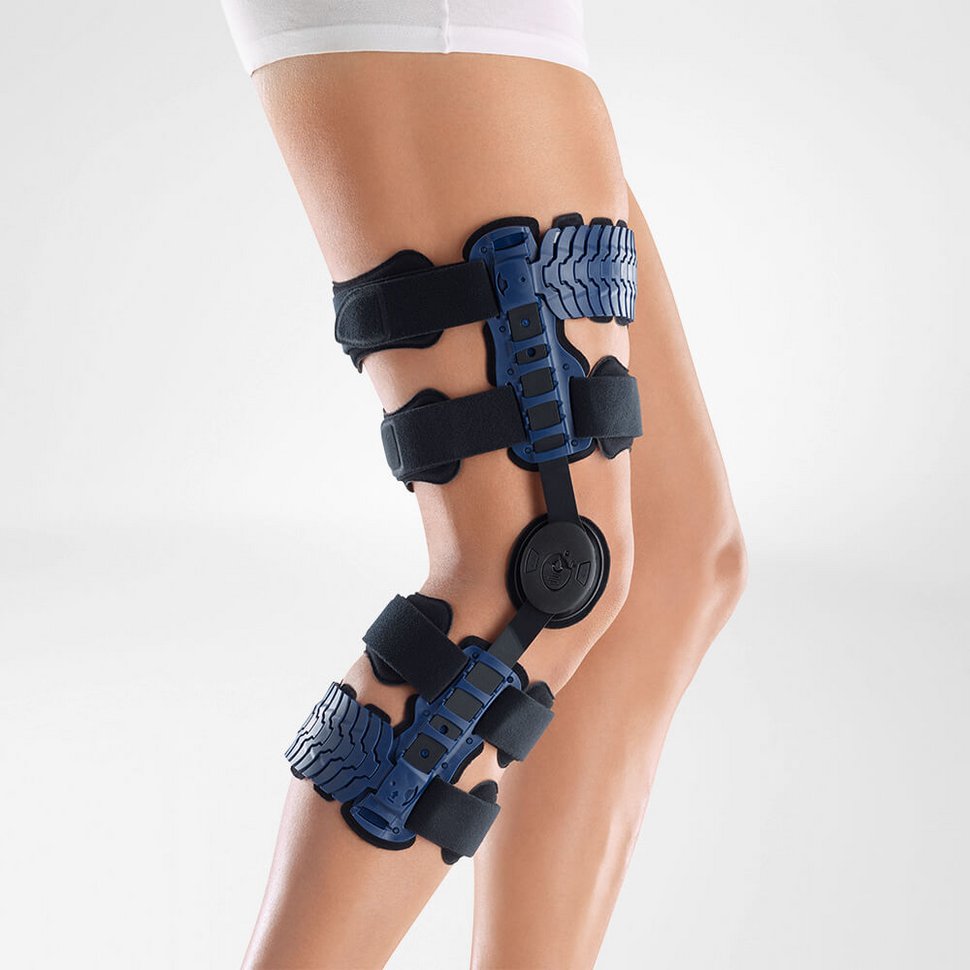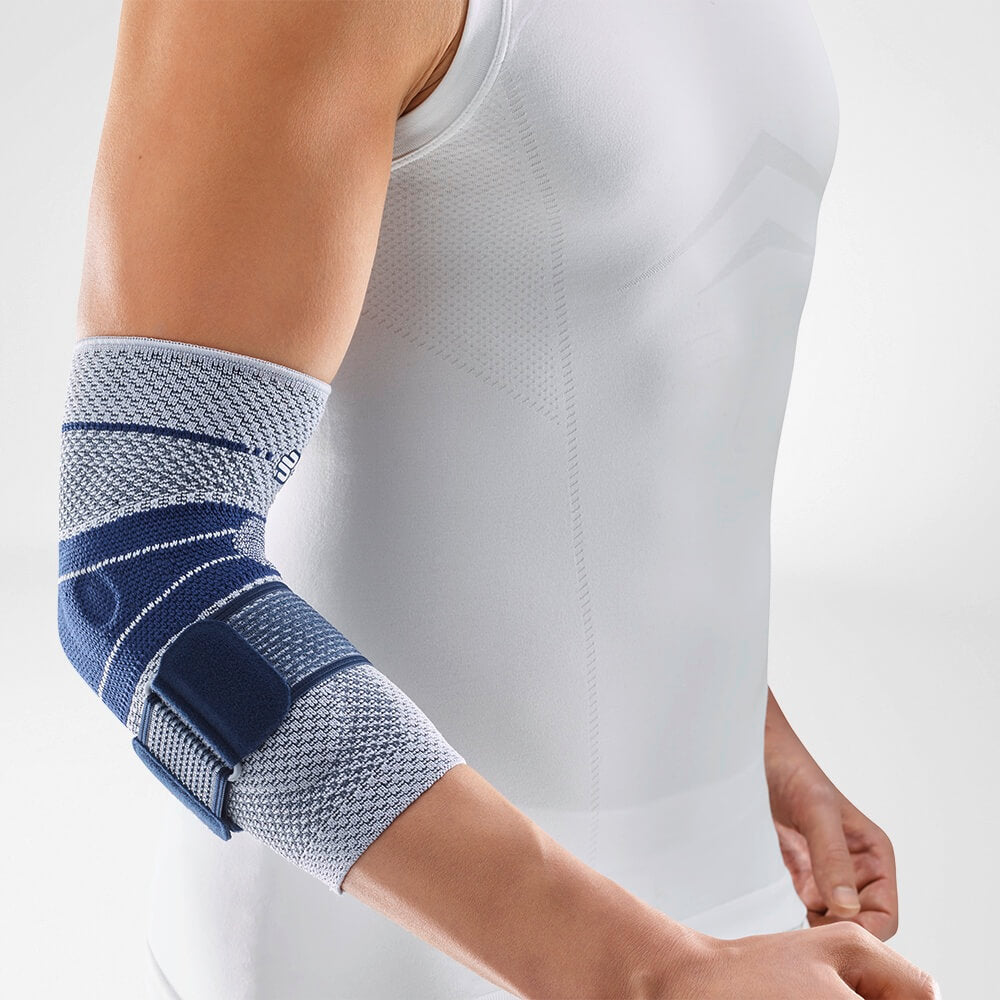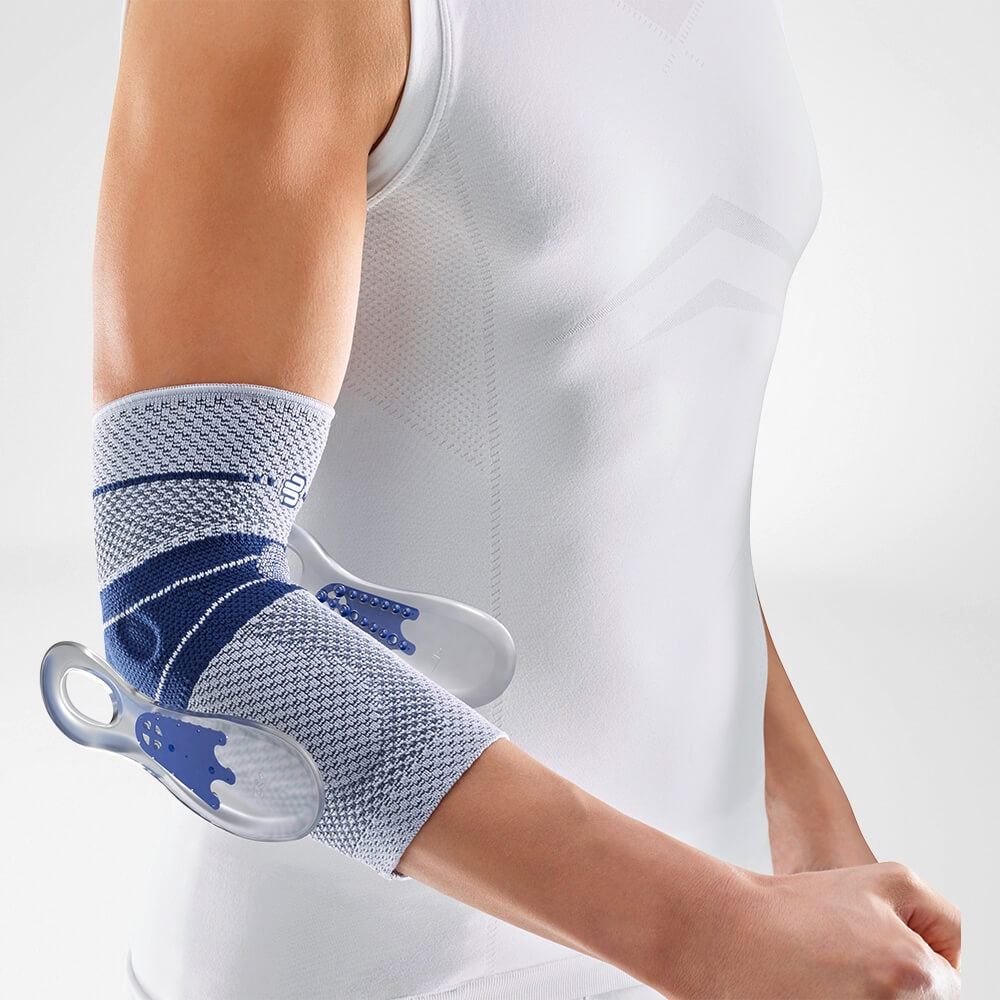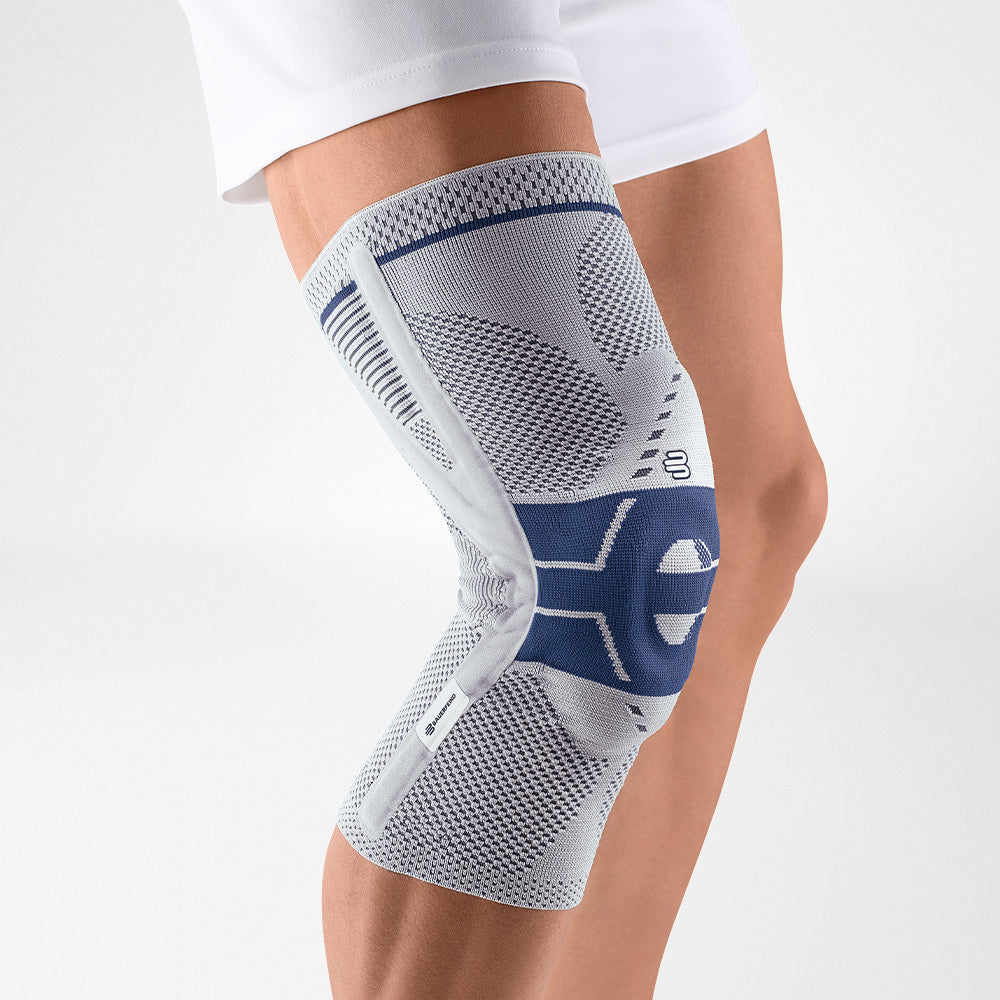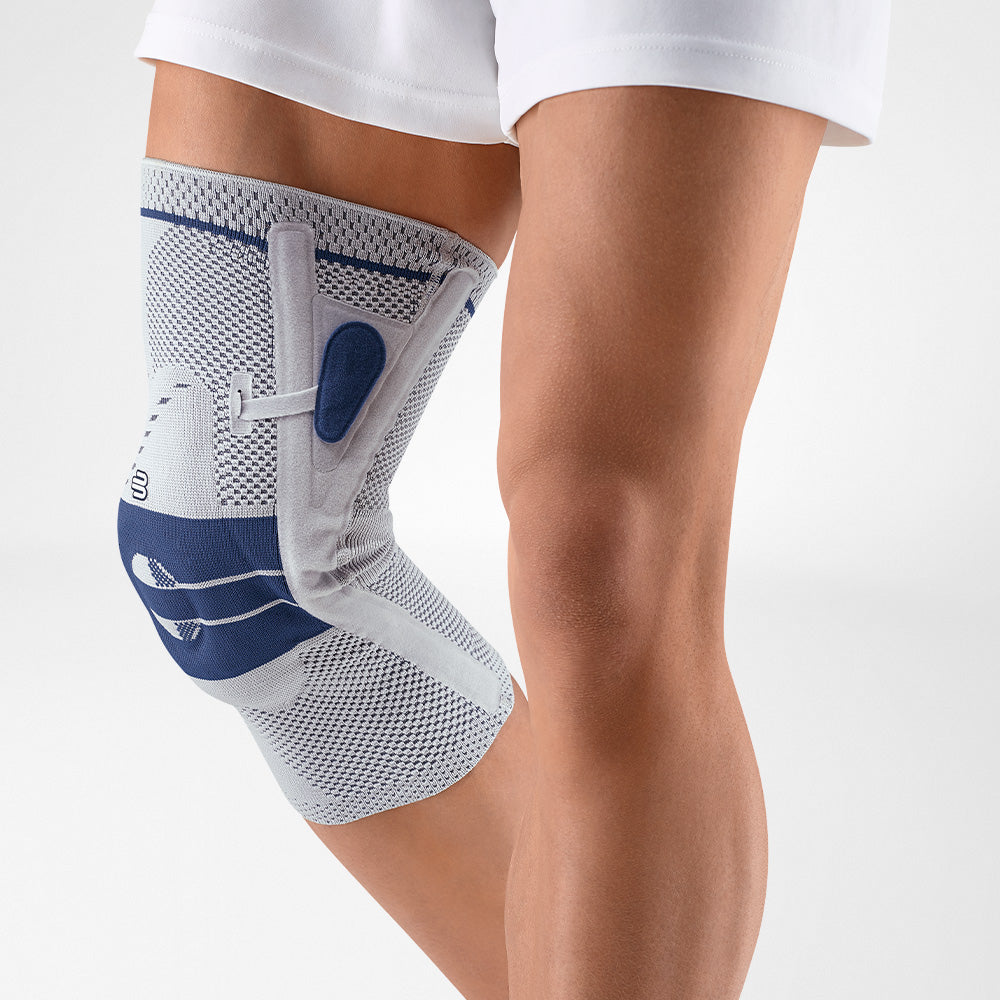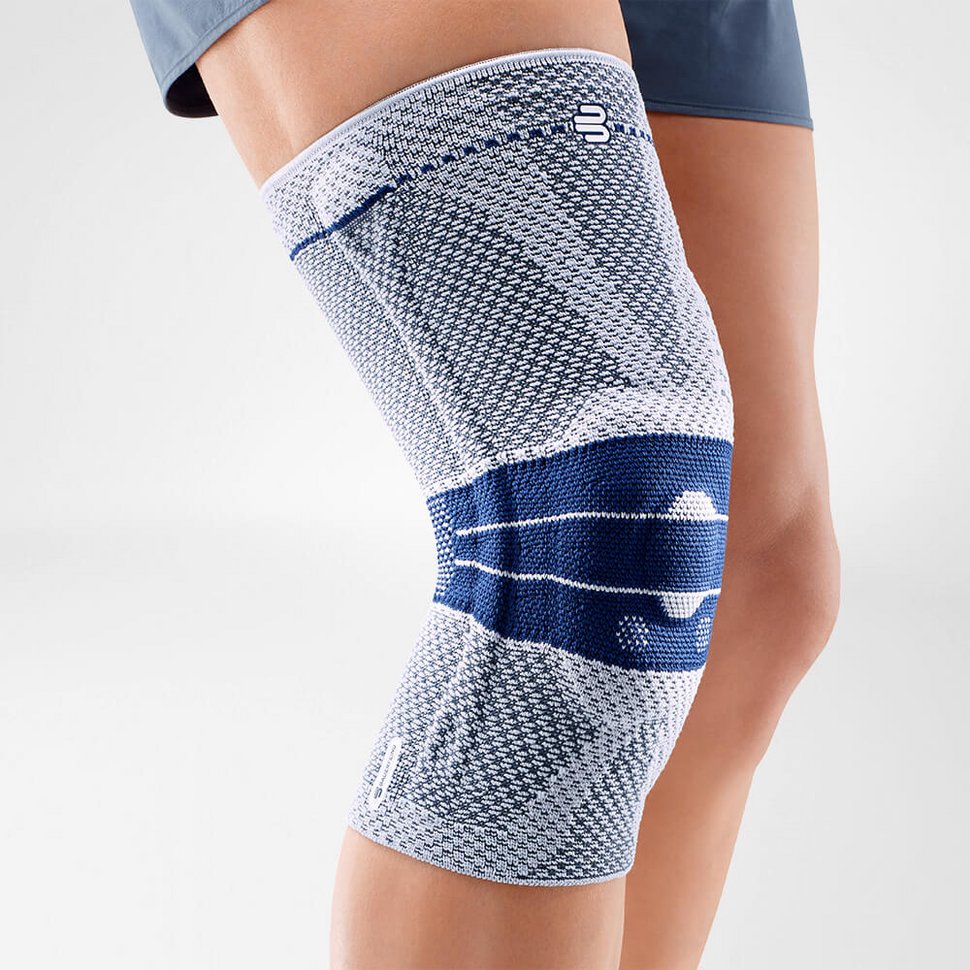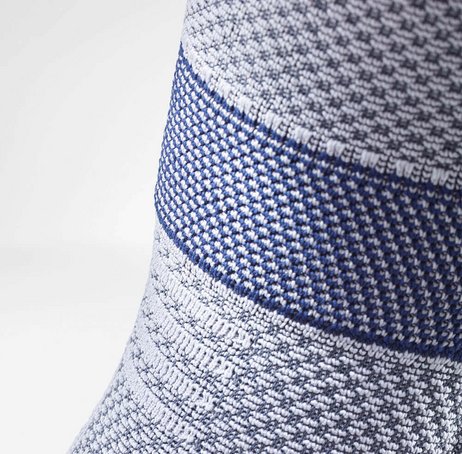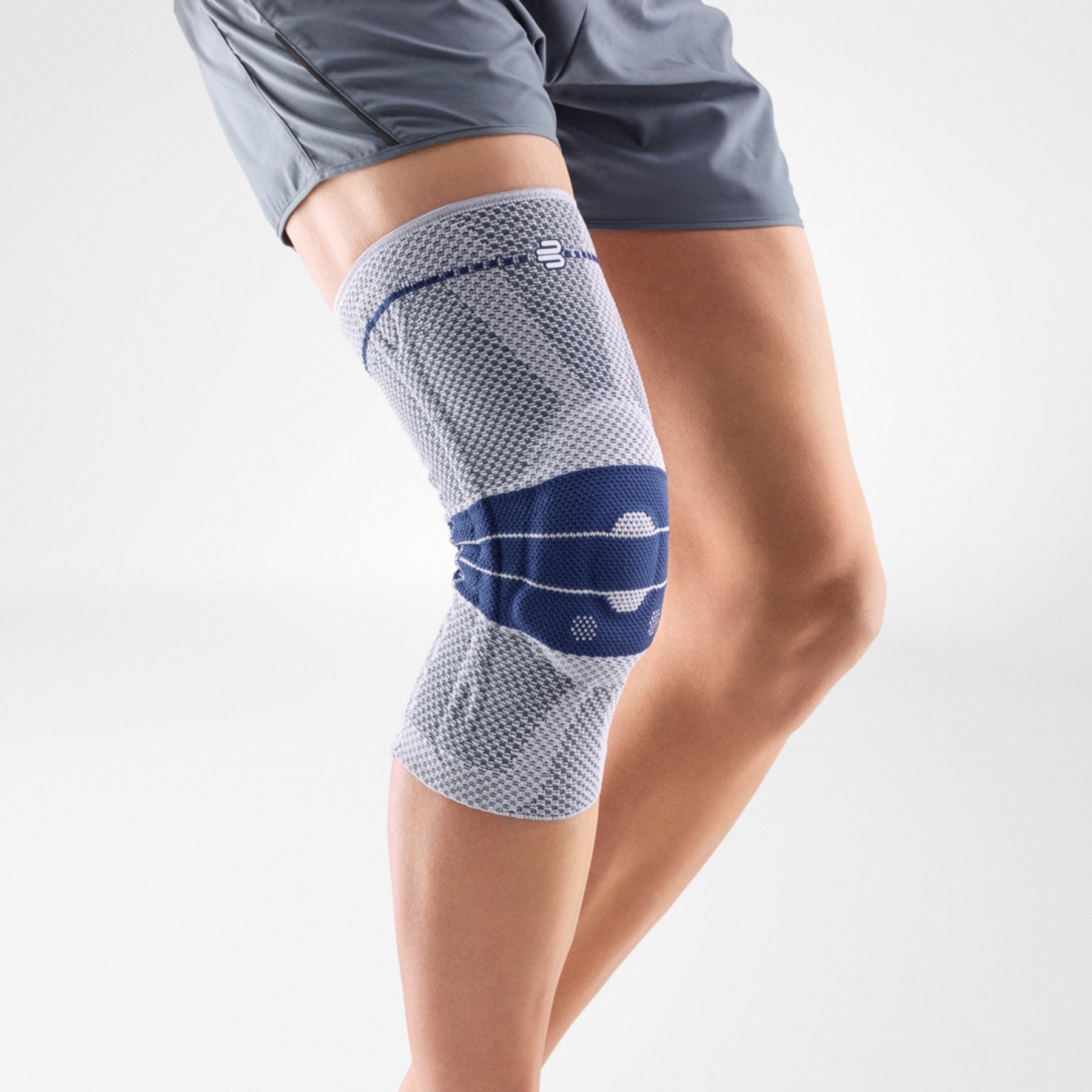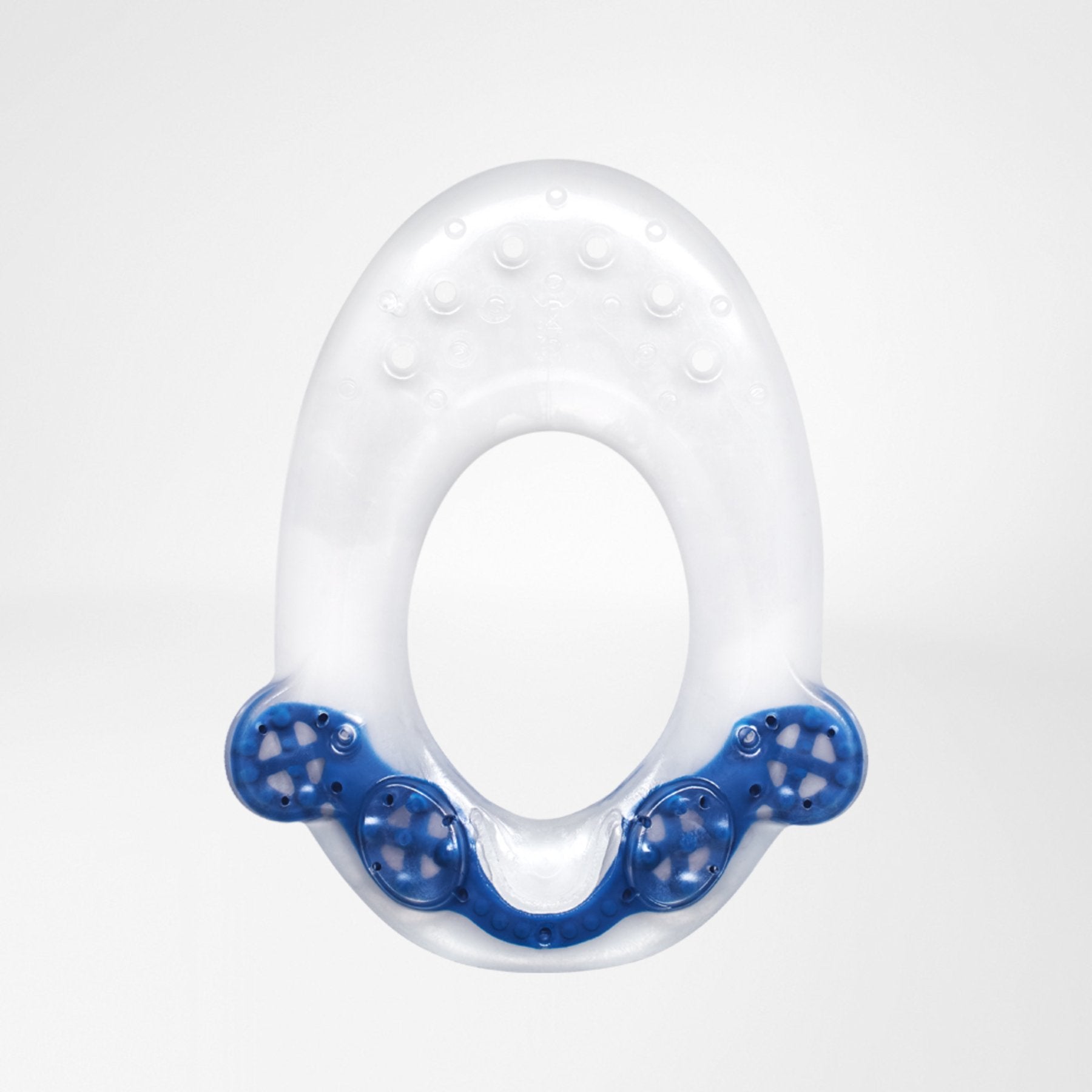When it comes to vein health, the right diet plays an important role, in addition to exercise and compression. You can achieve a lot with your choice of food, especially when suffering from vein disorders, such as weak veins or inflammation of the veins. We will show you why, and which food is good for your vein health.
How does your diet influence the venous system?
Your veins are constantly pumping blood back toward the heart. The thin vascular walls and the venous valves have a big job and put up with the stress of a lot of external factors. In order to help them function correctly, the veins need sufficient nutrients. The following serves as a basic rule: something that is generally good for the overall health of your body, is also good for your veins.
A balanced diet rich in nutrients is a crucial component of your vein health.
Another advantage of a healthy diet: you feel fitter, vital, and energetic, meaning you can enjoy an active life. This also leads to an increase in energy which can help make exercising easier and more fun, which is essential in cases of weak veins.

Strengthen veins with a healthy diet
On the list of foods that strengthen veins you will find all the health classics: fruit, vegetables, and whole grains. They supply the body with crucial vitamins, minerals, and dietary fibers. Omega-3 fatty acids are also important to maintain the elasticity of the veins. Fish, avocados, linseed, and walnuts are all good sources.
Another important tip to remember: the more colorful your plate, the better. Since some types of fruit contain a lot of fructose, you should aim to eat more vegetables than fruit on average. Be curious and try something new every now and then; be creative and sprinkle seeds or grains over your salad, or discover new spice mixes to vary your dishes. To ensure a strong blood flow, sufficient hydration is required: try to drink 1.5 to 2 liters of water or unsweetened tea per day. This will support your venous blood flow, especially in the summer when it’s hot.

Nutrition for your veins: key tips
- A balanced diet rich in fiber
- Whole grain instead of white flour
- A lot of fresh fruit and vegetables
- Go easy on the fat and sugar
- Fish, nuts, avocados, and linseed for Omega-3
- Dark chocolate instead of milk chocolate
- Small quantities of meat (especially red meat)
- Hardly any, ideally no alcohol
- No nicotine!

Be kind to yourself!
A healthy diet will do a lot to strengthen your veins. But there’s more that you can do: in cases of weak veins, the importance of exercise cannot be underestimated. After all, the leg muscles have a direct impact on the veins, and the musculovenous pump system is what helps drive the blood flow up towards the heart. You should therefore try to incorporate as much activity as possible into your everyday life, this includes short sessions of targeted exercise for your leg muscles.
To complete the triad of vein health, compression is absolutely essential. High-quality medical compression stockings promote venous blood flow and support vein function. This provides relief to the veins, alleviates symptoms, and slows progression of the venous disease, so don’t hesitate and don’t delay wearing compression stockings. And don’t worry: Bauerfeind compression stockings not only come in numerous models for different requirements but also a variety of styles, from subtle stockings for the office to multiple colors to match your favorite outfit. Whichever style you choose: medical compression stockings will provide you with maximum wearing comfort and the best possible support for your veins.

